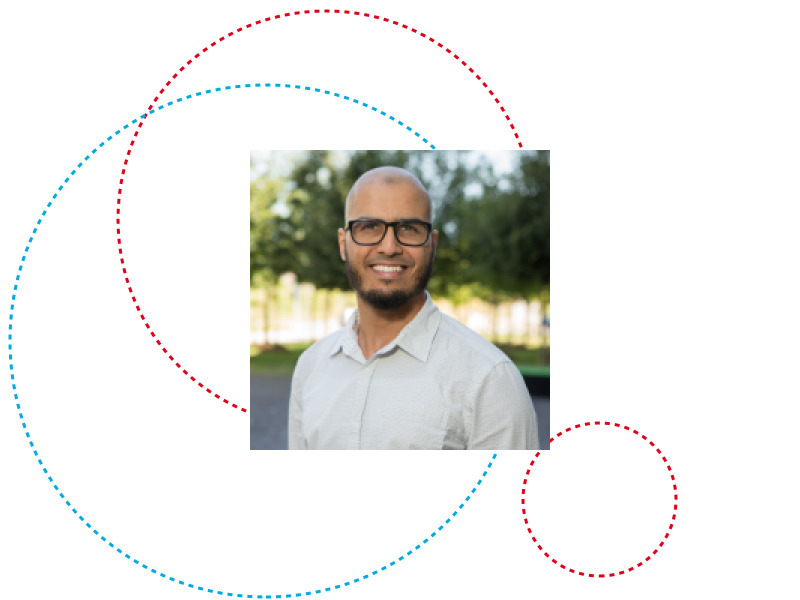Please click on this link and join the online PhD defense.
Members of the defense committee:
- Prof. Dr. Tegawendé BISSYANDE, University of Luxembourg, Chairman
- Prof. Dr. Christos MASOUROS, University College London, UK, Deputy Chairman
- Prof. Dr. Björn OTTERSTEN, University of Luxembourg, Supervisor
- Prof. Dr. Ralf MÜLLER, Friedrich-Alexander-Universität, Erlangen, Germany, Member
- Prof. Dr. Symeon CHATZINOTAS, University of Luxembourg, Member
Abstract:
Multiple-input multiple-output (MIMO) technology is an integral part of many current wireless communication systems that can drastically improve the data rates and the spectral efficiency. One major performance limiting factor in MIMO communication is the inter-channel interference (ICI) that adversely affects the transmission’s achievable rate, since the receiver has to deal with multiple interfering symbol streams that are transmitted concurrently through a channel subject to random noise and interference. In the case when the channel-state information (CSI) is known at the receiver, i.e., CSIR, it could be used by the latter to compensate for the undesired effects of ICI. Although the problem of symbol detection in MIMO systems — where the knowledge of CSIR is available — is a well studied problem with numerous classical detection methods, the complexity of optimal detection methods increase prohibitively in systems with large dimensions, making them impractical for real-time communication.
The problem of signal detection in precoded MIMO channels without explicit knowledge of the CSIR is challenging and still being considered in recent research. In particular, this problem is a common occurrence in systems where CSI at the receiver is not available, e.g., time-division duplex (TDD) systems. In this thesis, we investigate the problem of multi-antenna signal detection in the case of a highly distorted received signal due to the ICI effects. The core idea of this thesis is to use pilot data, without explicitly estimating the CSI, to improve the detection performance at the receiver. Motivated by low-complexity signal detection and given the accessibility to pilot data, which form an integral part of communications systems, in this thesis, we propose ML based techniques for MIMO detection in systems where the downlink transmission is precoded using imperfect CSI at the transmitter.
Firstly, in the context of a single-user MIMO system, we address the problem of MIMO detection when the received signals are highly distorted, i.e., the case where the signal distortion is caused by signals being precoded with a highly degraded CSI at the transmitter (CSIT). In this setting, we propose ML-based MIMO detectors robust to severe CSIT degradation. The second and third contributions relate to a downlink multi-user multiple-input single-output (MU-MISO) system, for which we propose ML-based detectors that are robust to inaccurate CSIT for uncoded and coded systems, respectively. Herein, the proposed ML detectors are presented as eavesdropping attacks, where, by using the proposed ML detectors, an eavesdropper (Eve) is able to learn the symbol detection function based on precoded pilots and to detect the transmitted symbols, intended for legitimate users, with high accuracy. To counteract these attacks, six symbol-level precoding (SLP)-based countermeasures are proposed with varying security, complexity, and power consumption trade-offs. Numerical results validate the effectiveness of the proposed ML-based detectors and the robustness to the harmful effects of ICI.
